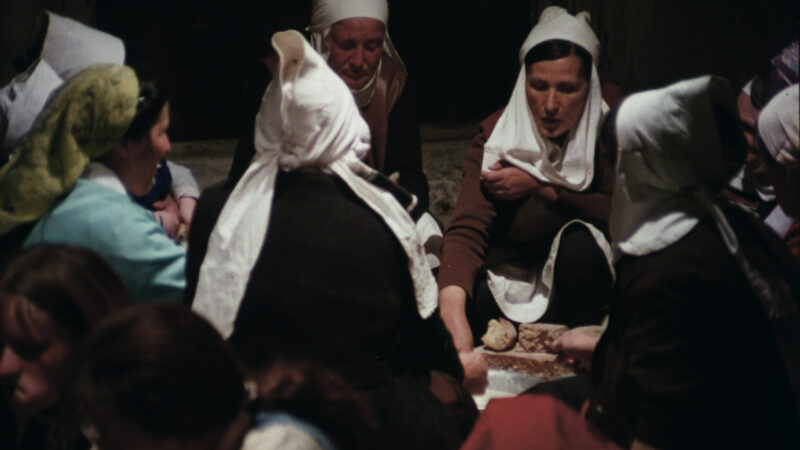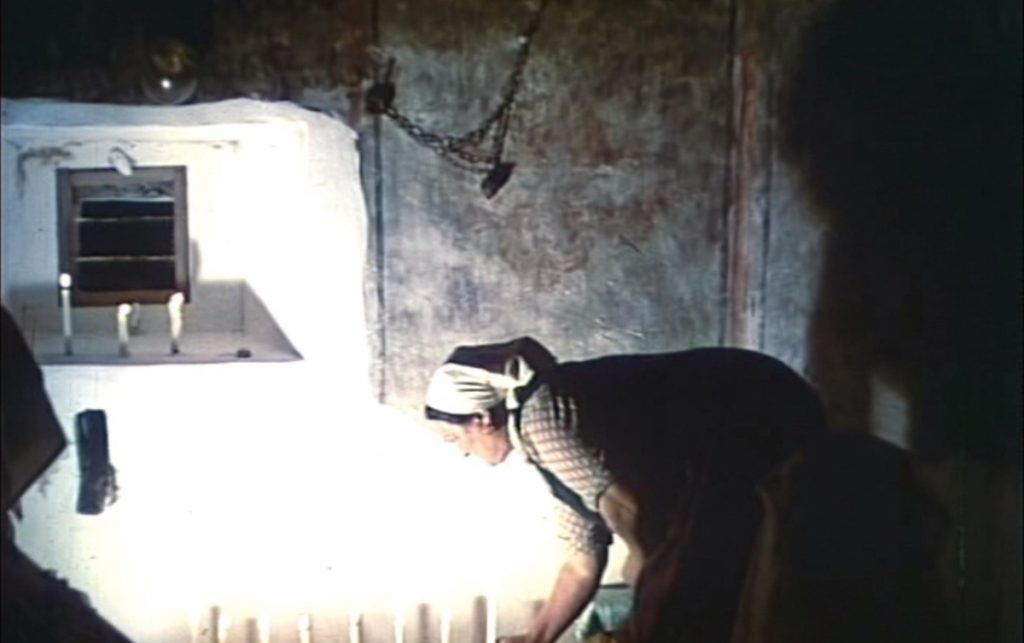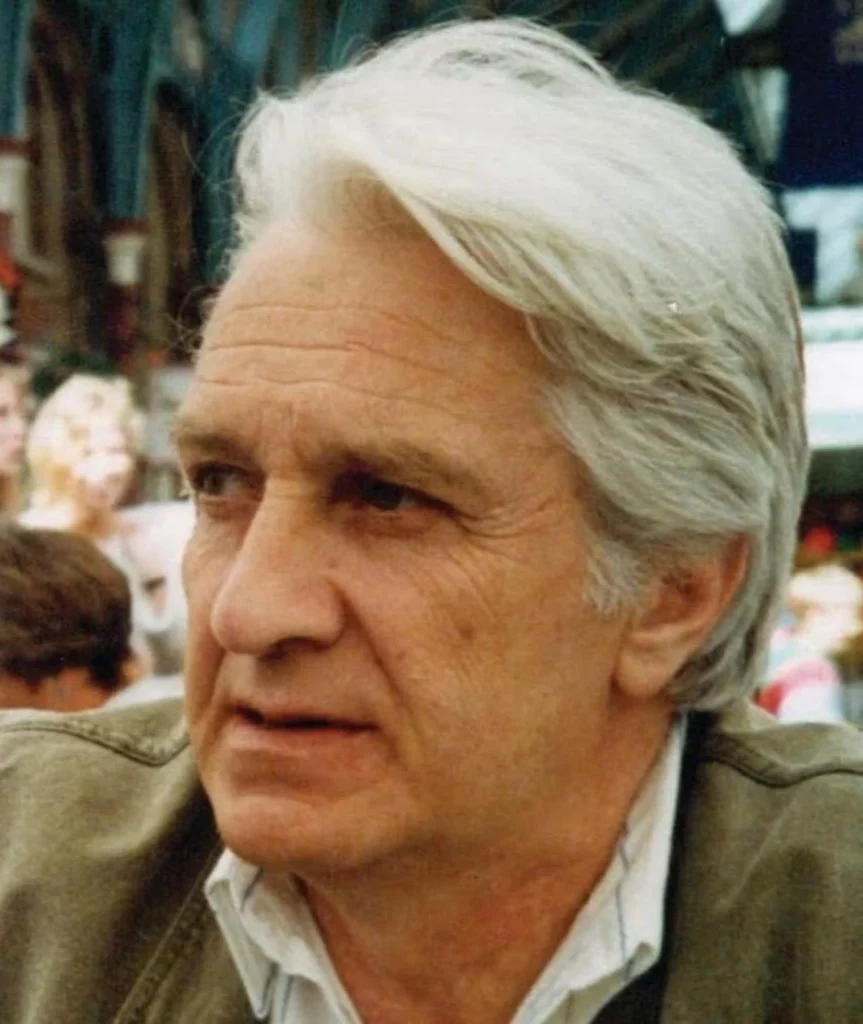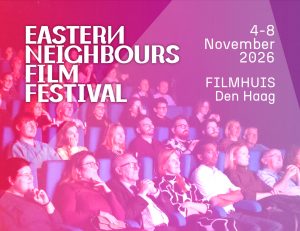
117
An intimate look at the daily life of an Albanian family of 117 members in rural Kosovo in the 1970s.
This documentary holds a significant place in the history of Kosovo and Yugoslav cinema. Filmed in the village of Nevokaze, the film shows the everyday life of an Albanian family with 117 members, all in a joint household. Its value goes beyond ethnographic testimony as critics have labelled it as a “spiritual portrait of a nation”. The Grand Prix award at the Belgrade Festival in 1978 confirmed its importance and aesthetic strength. However, reading this film today carries a different weight. Just a few years later, Kosovo entered a period of unrest, and during the 1990s, Albanians went through a period of repression and violence, which resulted in war. In this context, the harmonious images of family life in the film act as a record of the world before its disappearance, as an anthropological proof of lost continuity.
Interestingly, the director Besim Sahatçiu was the grandfather of the singer Rita Ora, which gives this film an unexpected connection with contemporary pop culture. “117” remains one of the most important and beautiful ethnographic works of the Balkans.
This film will be screened together with “Phantom Youth” from Kosovo.
The screenings will be followed by a cocktail kindly offered by the Embassy of Kosovo. Stay with us after the screenings!
DUTCH PREMIERE
Saturday 8 November at 14:15h
Programme section: Old Gold
Original title: 117 | Year: 1976 | Duration: 19′
Country: Yugoslavia | Language: Albanian | Subtitles: English
Director: Besim Sahatçiu | Production: Adil Begolli, Ismail Peshku – Kosovo Film | Screenplay: Besim Sahatçiu | Cinematography: Afrim Spahiu | Editing: Mentor Kaci | Sound: Sahit Sahiti



FESTIVALS & AWARDS (SELECTION)
Belgrade Documentary and Short Film Festival, 1978 – Grand Prix | Dokufest International Documentary and Short Film Festival, Prizren, 2022 | goEast, Festival of Central and Eastern European Film, 2024
DIRECTOR’S BIO

Besim Sahatçiu (1935-2005) was a Kosovo-Albanian director of theatre and film. After finishing gymnasium in Peja, Sahatçiu studied literature at the University of Belgrade. Following the interruption of his studies due to compulsory military service, he worked as a translator for the publisher, Rilindja. He later studied at the Academy of Dramatic Art in Zagreb, Croatia, and defended his thesis with the staging of Gogol’s satirical play, “The Government Inspector”, at the People’s Provincial Theatre in Pristina.





